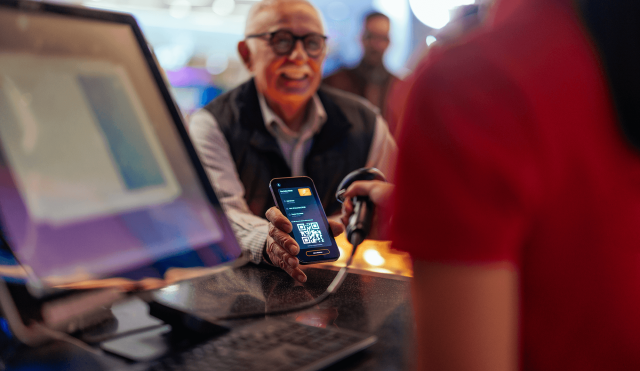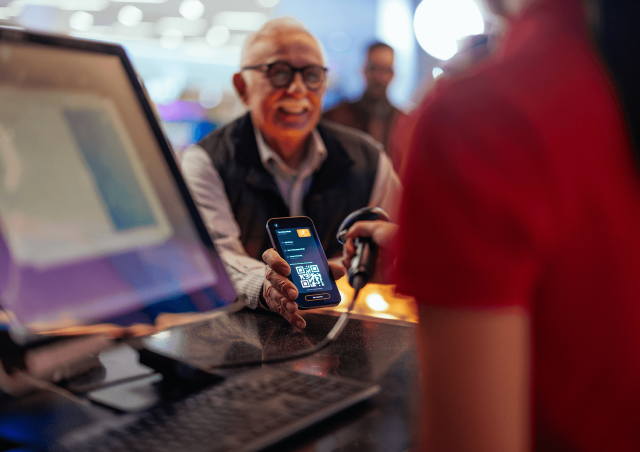How to Spot and Avoid Fake Ticket Scams

Scoring those elusive tickets to see your favorite artist or sports team can feel like hitting the jackpot. But before you start your victory dance, pump the brakes. With ticket scams skyrocketing, it's wise to stay cautious. Scammers are lurking, ready to turn your excitement into their payday by snatching your hard-earned money.
What is a Ticket Scam?
Ticket scams trick people into buying counterfeit physical tickets, phony e-tickets, or non-existent event tickets. These scams can happen online and offline, but with the rise of digital ticketing, online scams have become increasingly common.
Types of Ticket Scams
Fraudsters use a variety of tactics to line their wallets. Some include:
- Selling counterfeit tickets. These phony tickets look real but won't get you into the venue.
- Phishing scams. Crooks send phishing emails to lure you to spoofed ticketing websites so they can steal your login credentials and payment information.
- Advertising tickets for non-existent events. Scammers create buzz around a fake event and sell tickets for it.
- Reselling tickets purchased with stolen credit cards. These tickets may be canceled once the fraud is discovered.
Bad actors often combine one or more of these deceptive practices to create a big pay day for themselves and their crooked friends.
How to Recognize Ticket Scams
Spotting a ticket scam isn't always easy, but there are red flags to watch out for:
- Prices that seem too good to be true. While everyone loves saving money, unusually low prices can be a warning sign. If tickets for a sold-out concert are suddenly available at half the original price, be suspicious.
- Unusual payment methods. Be wary of sellers who only accept wire transfers or prepaid money cards. These payment methods offer little to no protection for buyers.
- Look-a-like websites. Be cautious of websites with URLs that vary from official ticket sites. Always double-check the website address before entering any information.
- Lack of reseller information. Legitimate resale platforms usually provide information about the seller. If you can't find any details about who you're buying from, it might be a scam.
Knowing what to look for is especially important when you are trying to secure tickets to high-demand events. Scammers tend to follow the money and often appear where there are many potential victims.
How to Avoid Ticket Scams
You can take several actions to reduce your risk of becoming a ticket scam victim.
- Buy from official sources. Purchase event tickets directly from the venue or official ticketing partners.
- Use secure payment methods. Many credit card companies provide dispute resolution services if you don't receive what you paid for. Avoid wire transfers or prepaid cards, which offer little to no protection.
- Review buyer refund policies. Most ticketing platforms offer buyer protections. Read the fine print and understand the platform's refund policy before purchasing.
Don’t let scammers spoil your plans. Go ahead and buy your tickets to the live performance or big game you’ve been longing to see – just do it safely!
If you receive a ticket with blurry text, incorrect event information, or suspect something isn’t right about the transaction, contact the official venue to confirm authenticity. Report ticket scams to the Better Business Bureau, your state’s Attorney General’s office, and the Federal Trade Commission. These agencies investigate fraudulent activity and help warn consumers about scams in the area.






